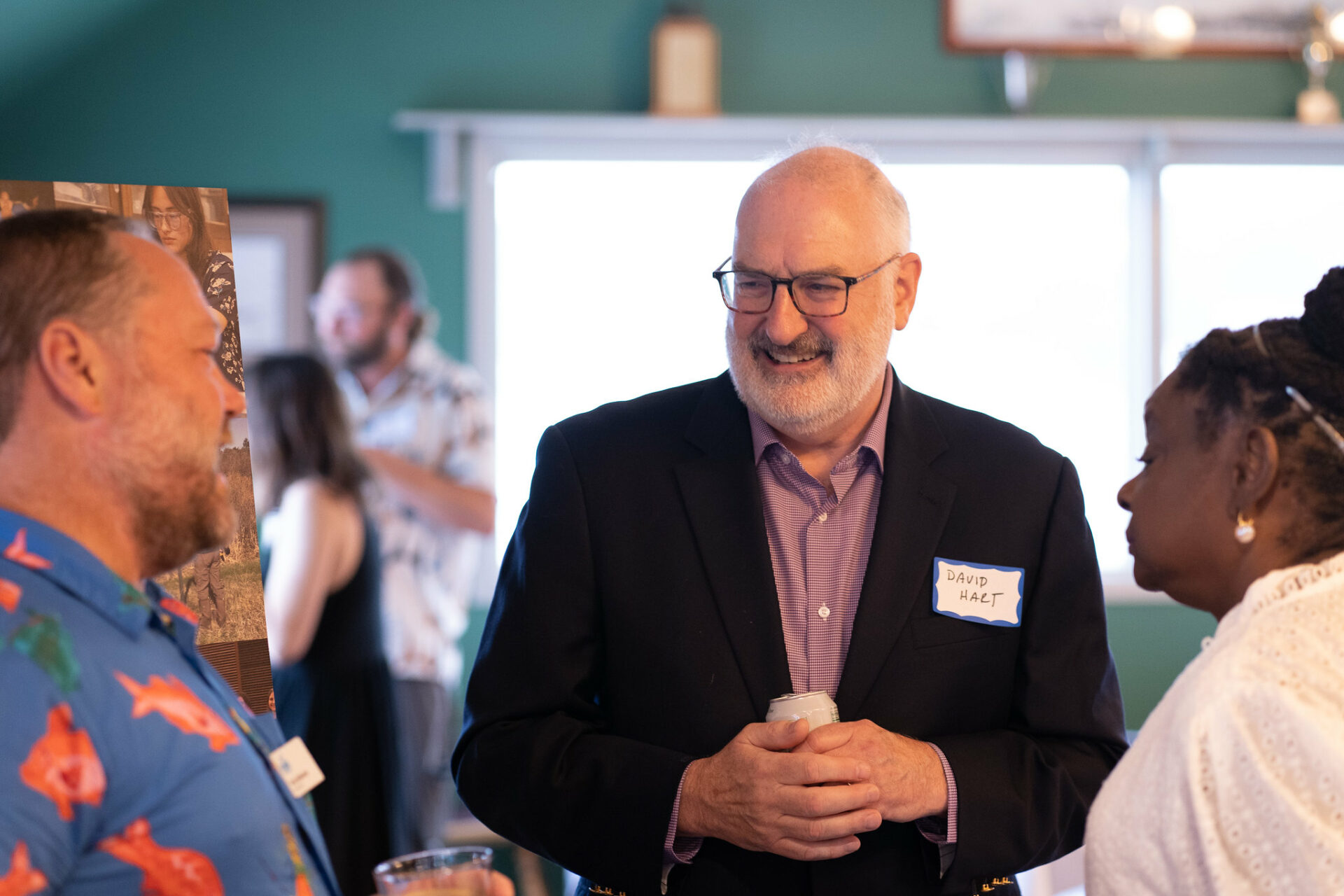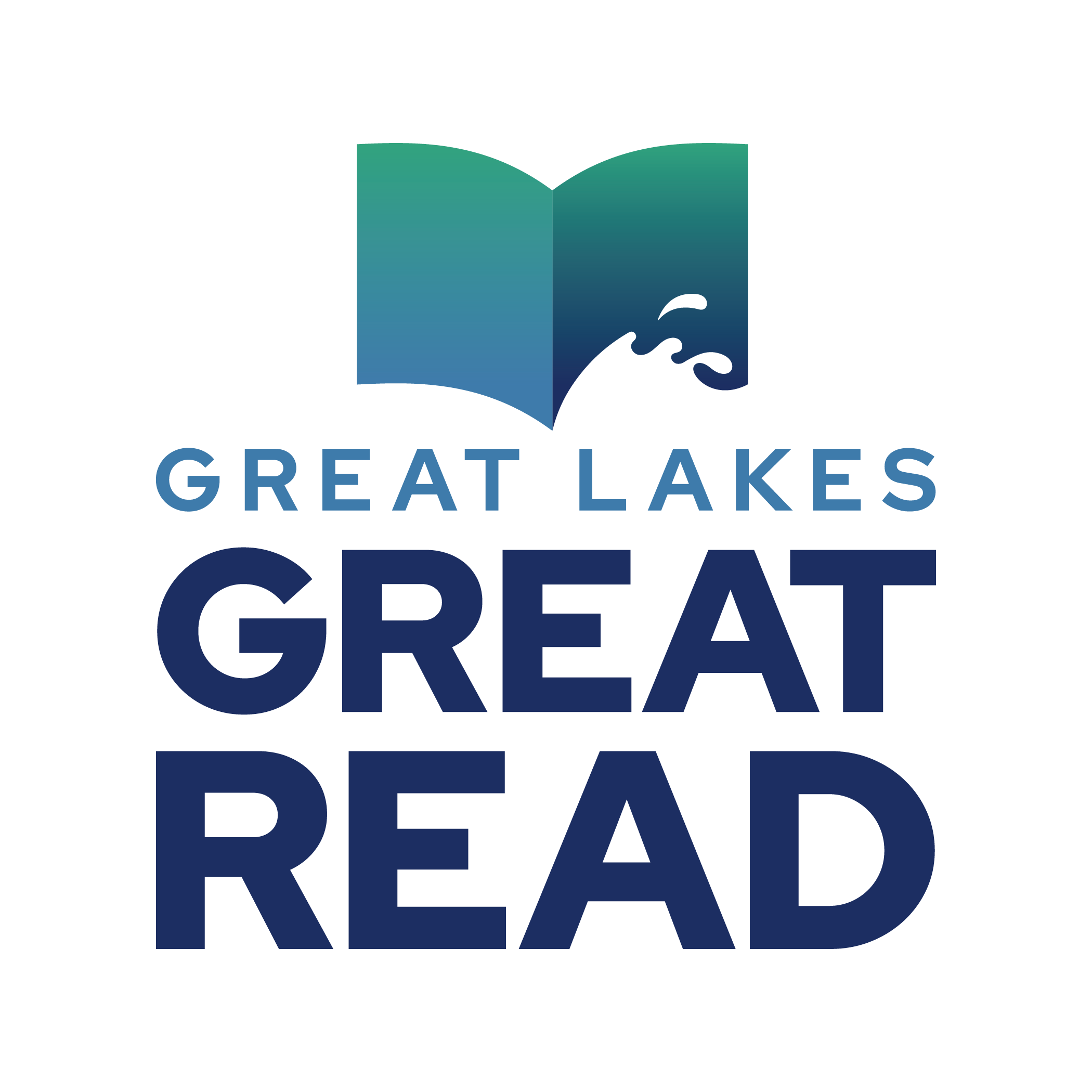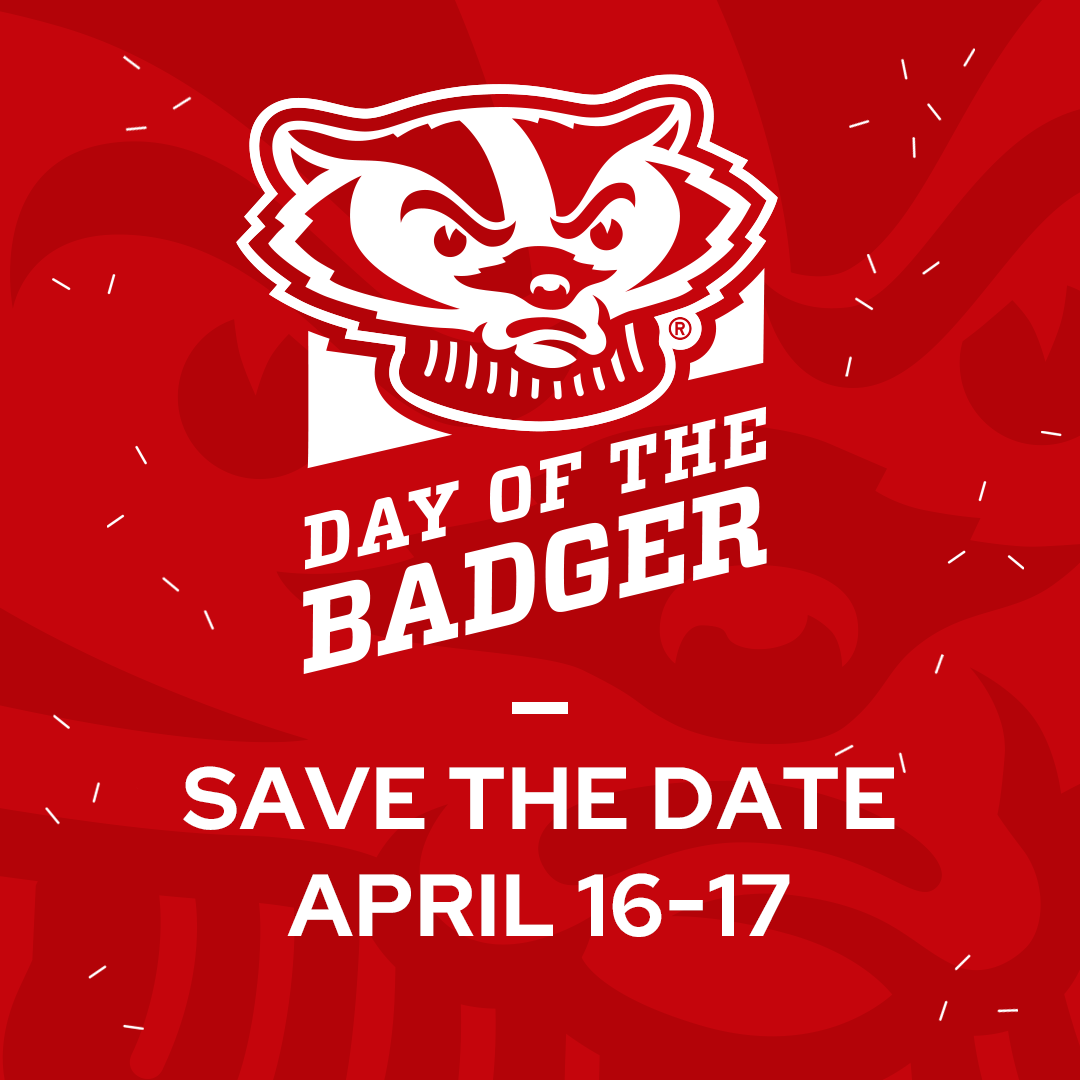Nearly a third of Wisconsinites live and work along Lake Michigan. Thousands more recreate in and around the world’s fifth largest lake. A new audio podcast series deepens the familiarity and understanding of Lake Michigan for state residents, and truly anyone, since it’s widely available, free and downloadable.
Audio Specialist Chris Bocast with the Wisconsin Sea Grant College Program produced the 10 episodes in the series “Sea Grant and Lake Michigan, Waters in Transition” because, “I wanted to share a firsthand experience of visiting Lake Michigan and speaking with the researchers who are trying to answer some of the many questions about what is happening with the lake.”
In the first episode of the series, Wisconsin Sea Grant Director Jim Hurley notes that the lake is affected by heavy industrial pollution and agricultural inputs that feed into the long cul-de-sac of a lake, essentially trapping contaminants.
Hurley also says the lake is experiencing a shift in nutrient dynamics. In the past, food sources used to bloom in the middle of the lake. Now, vast populations of quagga mussels—a recent estimate numbers them at 300 trillion—are capturing nutrients in the nearshore and denying food to the fish in deeper waters. These dynamics ripple throughout the whole food web, harming some organisms more than others.
The changing nature of the food web is further explored by scientist Harvey Bootsma in episode seven. Bootsma says, “Lake Michigan is a lake in transition right now. We’re still watching it change and trying to figure out where it is going.”
Structured as a travelogue with Bocast and his trusty dog companion, the podcast series takes listeners from the lake’s northern end in Door County, with stops at Whitefish Dunes and Potawatomi state parks, all the way to the University of Wisconsin-Milwaukee’s School of Freshwater Sciences in the south.
Sea Grant’s outreach efforts are featured in episode three, “Outreach, Islands and Waterfowl.” Longtime Water Quality and Habitat Restoration Specialist Vicky Harris outlines the 25-plus years she has spent trying to restore barrier islands in Green Bay, known as the Cat Island Chain. Now, islands are returning to the bay, providing a place to store 2.5 million cubic yards of dredged harbor material, and recreating 1,400 acres of wildlife habitat.
Sea Grant has also worked to raise awareness about the deadly presence of rip currents in the long, narrow lake. The program has teamed up in the past with surfing entrepreneurs Lee “the Waterflea” and Larry “Longboard” Williams, founders of the Dairyland Surf Classic, to share this safety message. The podcast series also spends some time exploring the gnarly past of these brothers who have popularized riding the waves off of Sheboygan.
Sounds of intense competition by students showing their mastery of marine science in the annual Lake Sturgeon Bowl illustrate Sea Grant’s support of educational initiatives in the final episode.
In addition to highlighting Bootsma’s research, the podcasts feature interviews with scientists working on Lake Michigan studies funded by Sea Grant: graduate student Frances Eames shares knowledge gained in the development of a new cell phone app allowing Green Bay area residents to more deeply understand and interact with the lake; Sandra McClellan, professor of environmental health, explains the ways in which beaches are contaminated and how to clean them up; J. Val Klump, the first man to dive to the deepest section of Lake Michigan, talks about his team’s research on the lake’s ecosystem; and biologist John Janssen discusses which fish have historically flourished in the lake and what’s in store for future fish stocks. These three final researchers are all with the School of Freshwater Sciences in Milwaukee.
Bocast composed and performed the theme music and filled the series with intriguing location audio recorded on the shores of Lake Michigan. The podcasts range between 10 and 20 minutes each. Download them for free from the audio section of Wisconsin Sea Grant’s website, seagrant.wisc.edu/podcasts, or from I Tunes U. The series complements one on Lake Superior, Wisconsin’s other Great Lake.





